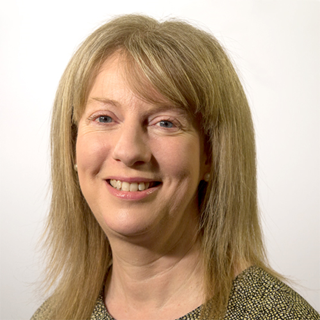Evidence wanted from young people
Children, young people and their families with a direct experience of the current Child and Adolescent Mental Health Services (CAMHS) system are being asked to help shape Scotland’s approach to mental health services.
The Scottish Association for Mental Health (SAMH) has started work with the Scottish Government to gather evidence from young people, their families and carers across the country to inform the approach to mental health services.
This will include recommendations for improving the experience for children and young people.
SAMH will work in partnership with NSS Information Services Division (ISD), part of NHS National Services Scotland, who will take forward a statistical audit of CAMHS data to complete the picture of the current system.
In the last year 7,255 young people who were referred to CAMHS did not receive support from that service.
At a national level we want to learn more about this situation. This audit will help to answer those questions and make recommendations for the future.
Billy Watson, SAMH’s chief executive, said: “Since the launch of our Going To Be campaign in May we have spoken to thousands of people about their experiences and we look forward to speaking to many more over the coming months.
“What we need is services that work for young people that are appropriate to their needs. A mental health problem shouldn’t just be defined by a diagnosis but it is often only then that an intervention is triggered.
“There are more young people than ever before seeking help for their mental health.
“However, this means greater demands on services and increasing waiting times. We look forward to finding solutions to improve young people’s experiences.”

Shona Robison. Cabinet Secretary for Health and Sport, said: “At the start of this work I wanted to ensure we took the time to hear from young people, their families and carers directly about their experiences, including those who were referred but didn’t access the service.
“This is important so we can understand how we can make improvements and route young people to the most appropriate help and support.
“Above all, young people can help shape solutions and we firmly believe can make a real and positive difference.”